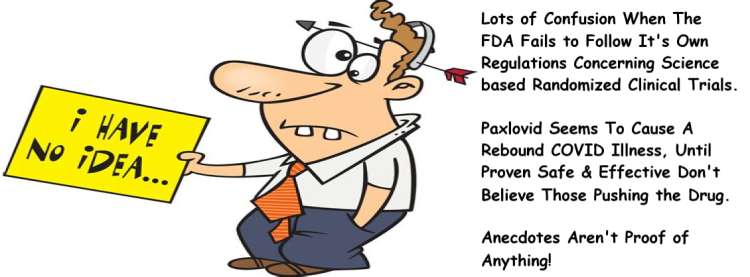Authors: Bart Jones August 27, 2022 Newsday
Some medical experts on Long Island are disputing a new study that said Paxlovid did not help relieve COVID-19 symptoms in people under 65.
Pfizer’s COVID-19 pill appears to provide little or no benefit for younger adults, while still reducing the risk of hospitalization and death for high-risk seniors, according to a large study published Wednesday.
The results from the 109,000-patient Israeli study are likely to renew questions about the U.S. government’s use of Paxlovid, which has become the go-to treatment for COVID-19 due to its at-home convenience.
But two leading infectious disease specialists on Long Island said they had seen the opposite — Paxlovid did help people in various age groups.
“I don’t think that’s really correct,” Dr. Sharon Nachman, chief of the division of pediatric diseases at Stony Brook Children’s Hospital, said of the study. “I do think that those that were under 65 and have taken Paxlovid have actually done quite well with it.”
“We haven’t seen that much relapse of COVID in that population and we’ve certainly not seen those who took Paxlovid coming to the hospital with COVID and being sick,” she said. “The vast majority infected it did help.”
“Sometimes when you do a study you have to be careful how you ask the question and who you ask it of, because that may skew what you are able to interpret from the results,” she added.
Dr. Bruce Hirsch, an infectious disease specialist at Northwell Health, said he agreed that Paxlovid had helped many patients of different age groups.
“Paxlovid really improves clinical well-being within two or three days of taking the medicine,” he said.
“The younger people are doing OK anyway” for the most part when they get infected with the Omicron variant, he added, “but I have seen people who are younger feel better faster with Paxlovid.”
The Biden administration has spent more than $10 billion purchasing the drug and making it available at thousands of pharmacies through its test-and-treat initiative.
The researchers found that Paxlovid reduced hospitalizations among people 65 and older by roughly 75% when given shortly after infection. That’s consistent with earlier results used to authorize the drug in the United States and other nations.
But people between the ages of 40 and 65 saw no measurable benefit, according to the analysis of medical records.
The findings reflect the changing nature of the pandemic, in which the vast majority of people already have some protection against the virus due to vaccination or prior infection. For younger adults, in particular, that greatly reduces their risks of severe COVID-19 complications. The Centers for Disease Control and Prevention recently estimated that 95% of Americans 16 and older have acquired some level of immunity against the virus.
“Paxlovid will remain important for people at the highest risk of severe COVID-19, such as seniors and those with compromised immune systems,” said Dr. David Boulware, a University of Minnesota researcher and physician, who was not involved in the study. “But for the vast majority of Americans who are now eligible, this really doesn’t have a lot of benefit.”
A spokesman for Pfizer declined to comment on the results, which were published in the New England Journal of Medicine.
The U.S. Food and Drug Administration authorized Paxlovid late last year for adults and children 12 and older who are considered high risk due to conditions like obesity, diabetes and heart disease.
